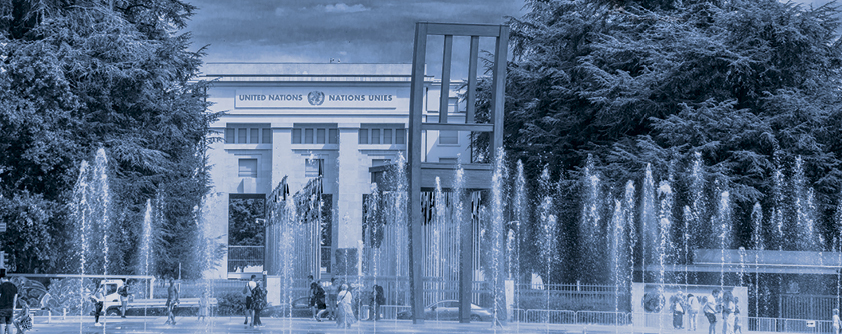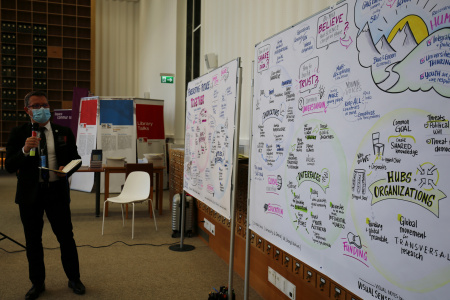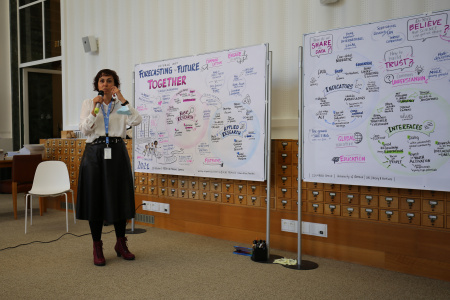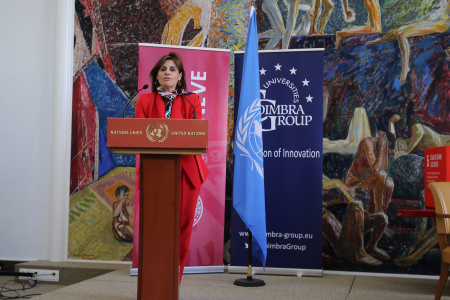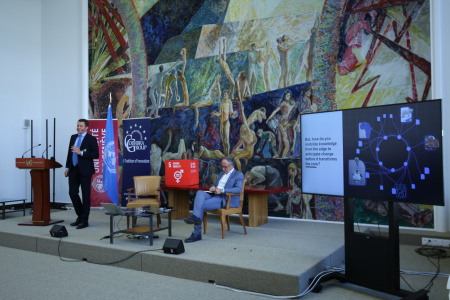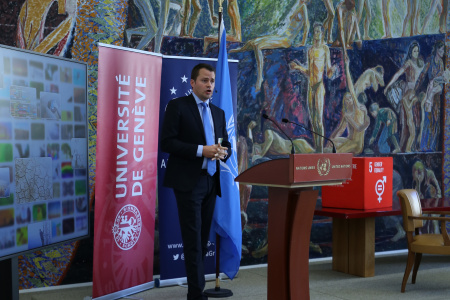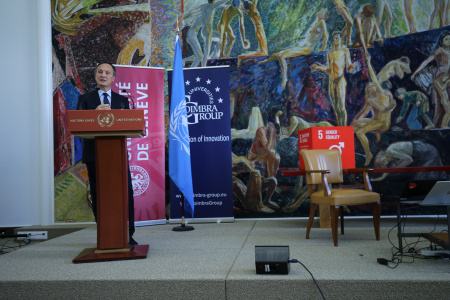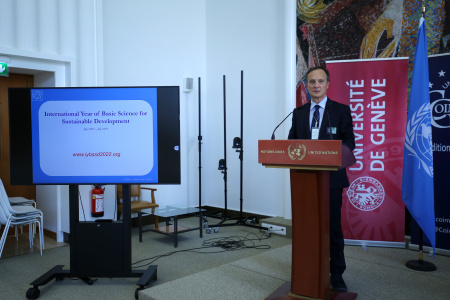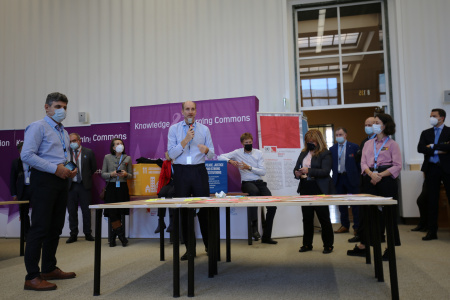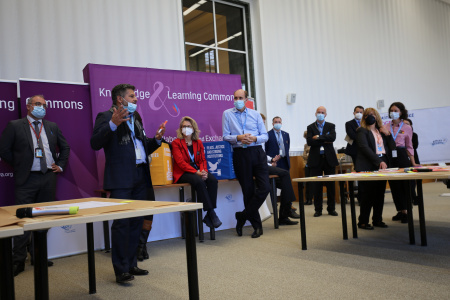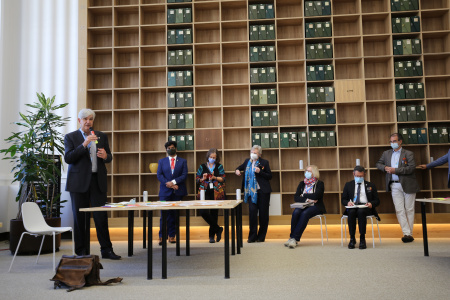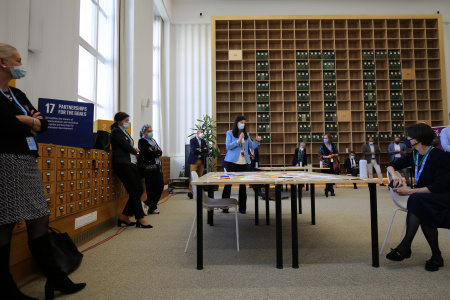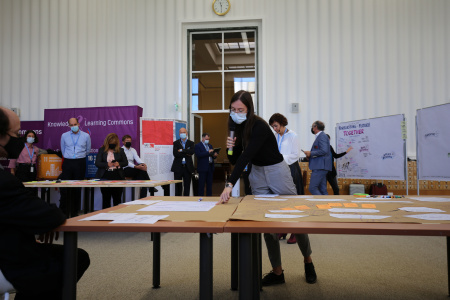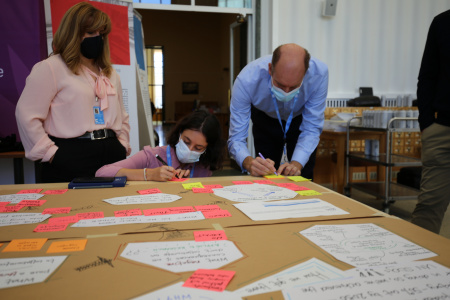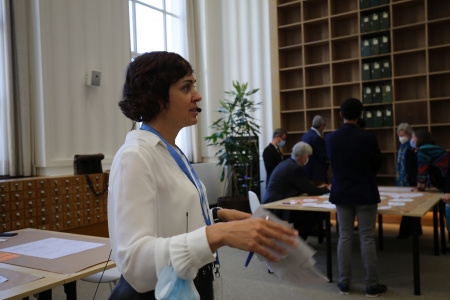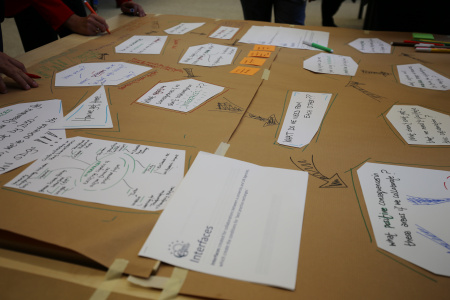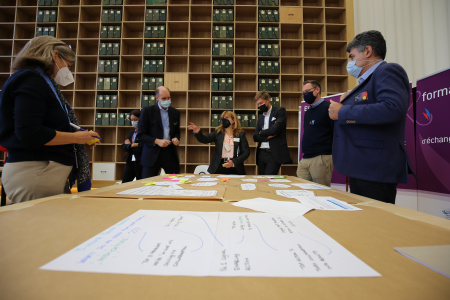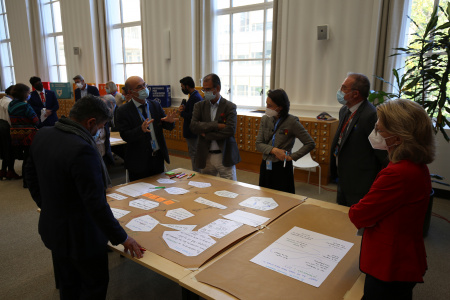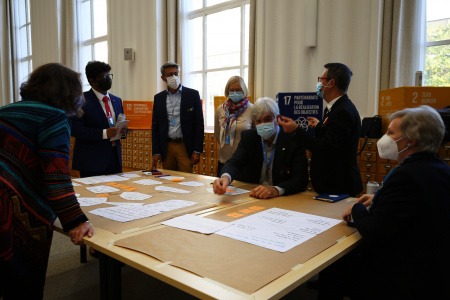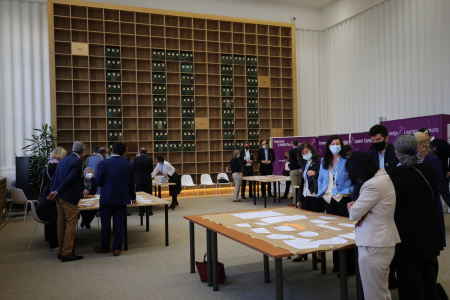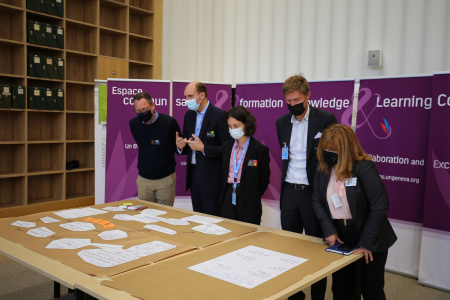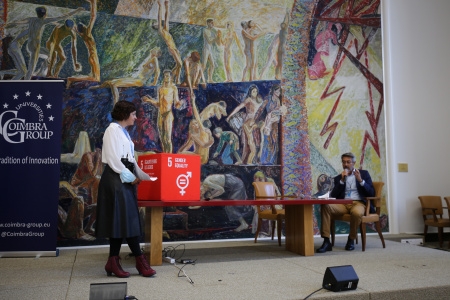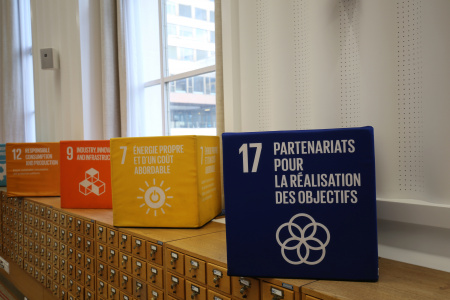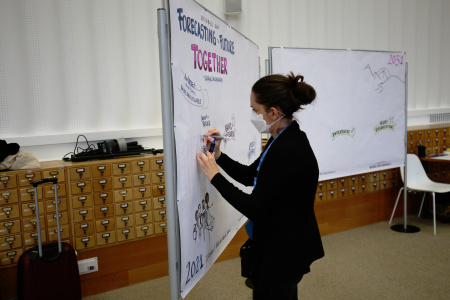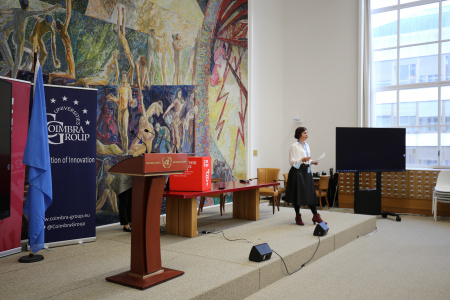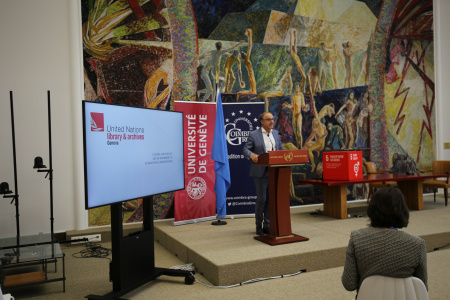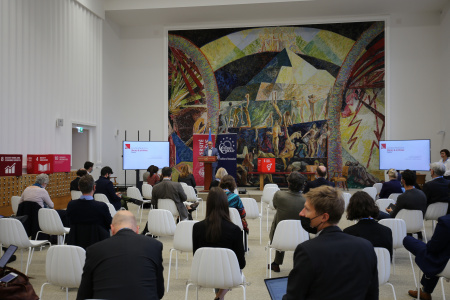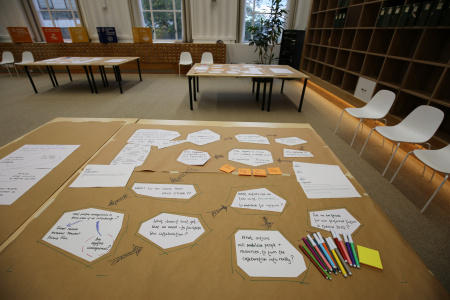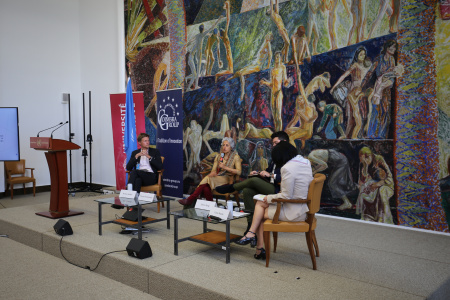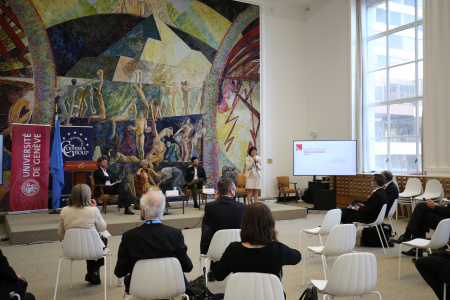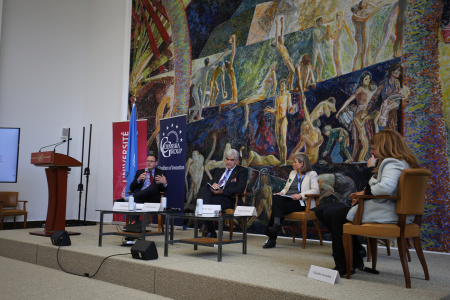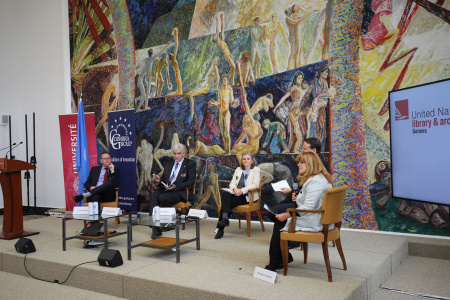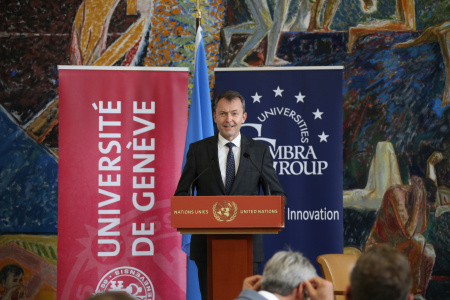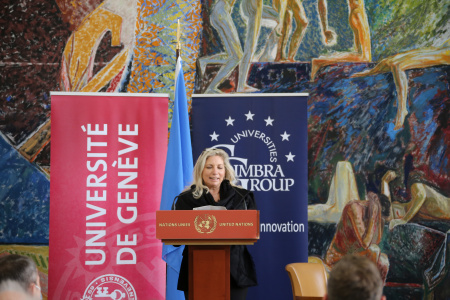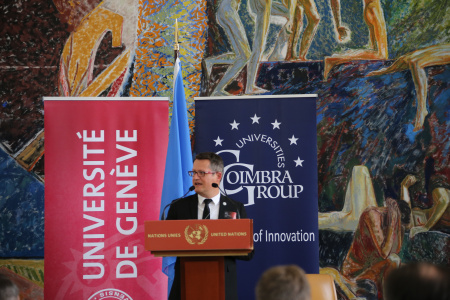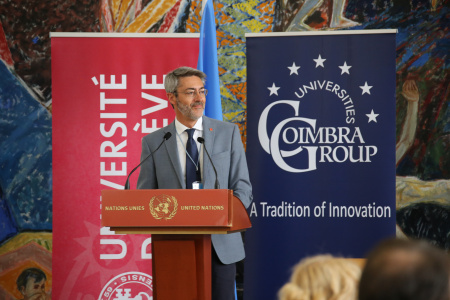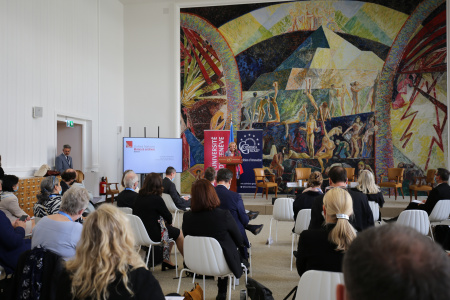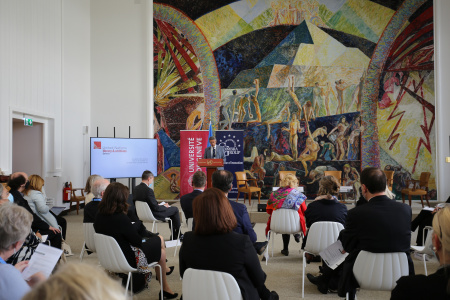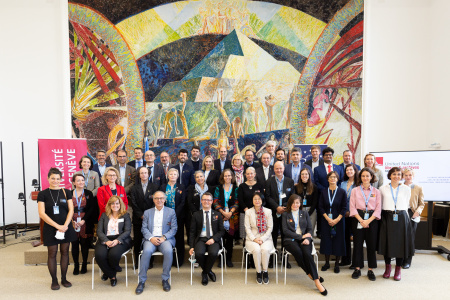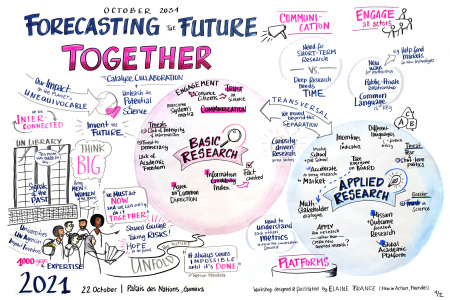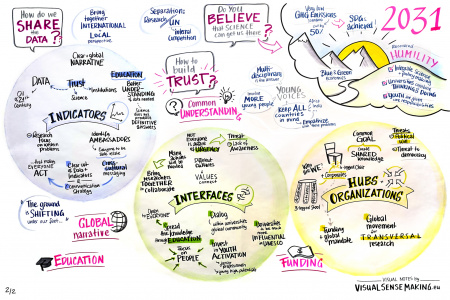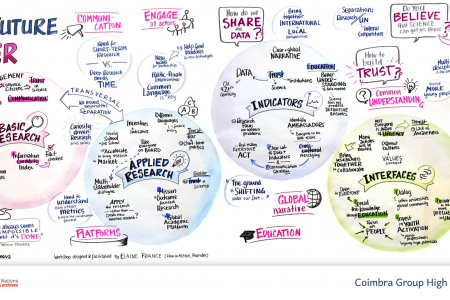Stéphane Berthet, Vice-Rector, University of Geneva, Switzerland
Piia Björn, Vice-Rector, University of Turku, Finland
João Nuno Calvão da Silva, Vice-Rector for External Relations and Alumni, University of Coimbra, Portugal
Claudia Cavadas, Vice-rector for Research, University of Coimbra, Portugal
Lénárd Darázs, Vice-Rector for General Affairs, Eötvös Loránd University Hungary
Doris Fischer, Vice-President for Internationalization and Alumni, University of Würzburg, Germany
Yves Flückiger, Rector, University of Geneva, Switzerland
Emmanuelle Gardan, Director, Coimbra Group, Belgium
Claudia Hillinger, Head, International Office Friedrich Schiller University Jena, Deutschland
Dorothy Kelly, Vice Rector for Internationalization University of Granada, Spain
Fiona Killard, Head of Strategic Research Development, Trinity College Dublin, Ireland
Stanislaw Kistryn, Rector's Proxy for Cooperation within Una Europa, Jagiellonian University, Poland
Jukka Kola, Rector, University of Turku, Finland
Vassil Kristjan, Vice-Rector for Research, University of Tartu, Estonia
Peter Lievens, Vice-Rector for International Policy, KU Leuven, Belgium
Dorota Malec, Vice-Rector for Internationalisation, Jagiellonian University, Poland
Ionel Mangalagiu, Vice-Rector for Research, Alexandru Ioan Cuza University of Iasi, Romania
Sergei Mikushev, Vice-Rector for Research, Saint Petersburg State University, Russian Federation
Coco Norén, Deputy Vice-Chancellor, Uppsala University, Sweden
Mustafa Oral Öncül, Vice-Rector, Istanbul University, Turkey
Anna Quici, Policy Officer, Coimbra Group
Bettina Rockenbach, Vice-prorector for Research and Innovation, University of Cologne, Germany
Lenka Anna Rovná, Vice-Rector, Charles University, Czech Republic
Edita Sužiedėlienė, Vice-Rector and Pro-Rector for Research, Vilnius University, Lithuania
Péter Sziklai, Vice-Rector for Research, ELTE Eötvös Loránd University, Hungary
Ludovic Thilly, Coimbra Group Chair, University of Poitiers, France
Tudorel Toader, Rector, Alexandru Ioan Cuza University of Iasi, Romania
Moira von Wright, Rector, Åbo Akademi University, Finland
Jan Wouters, President, International Policy Council, KU Leuven, Belgium
